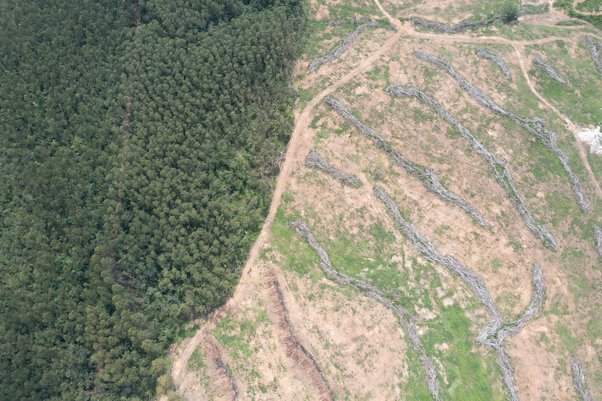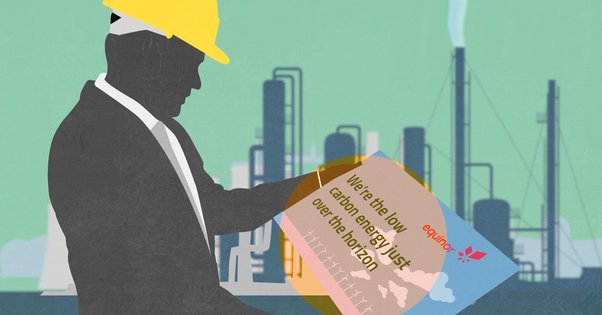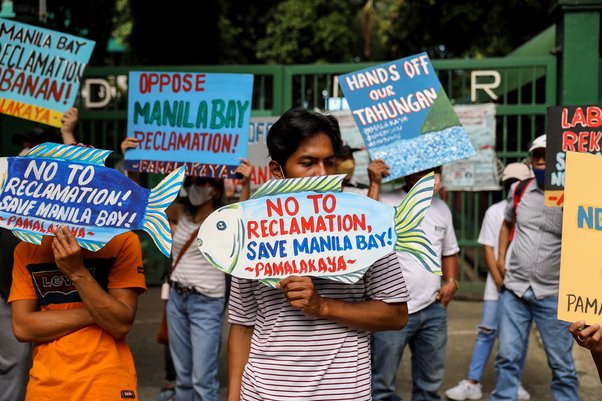How do we hold corporations accountable for their environmental destruction?
Around the world, many corporations are causing harm to both people and planet through their destructive business practices
From coal and copper mines dumping toxic waste into rivers, to cattle ranchers and palm oil plantations cutting down swathes of tropical rainforest, to hydropower megaprojects violently evicting whole communities, these companies are leaving a trail of destruction in their wake in their quest for profit – with little concern for either human rights or the environment.
We have exposed the misdeeds of many such companies in our investigations over the years, and each time it raises the question: what can we do to hold these companies accountable for what they have done? And how can we stop this from happening again in the future?
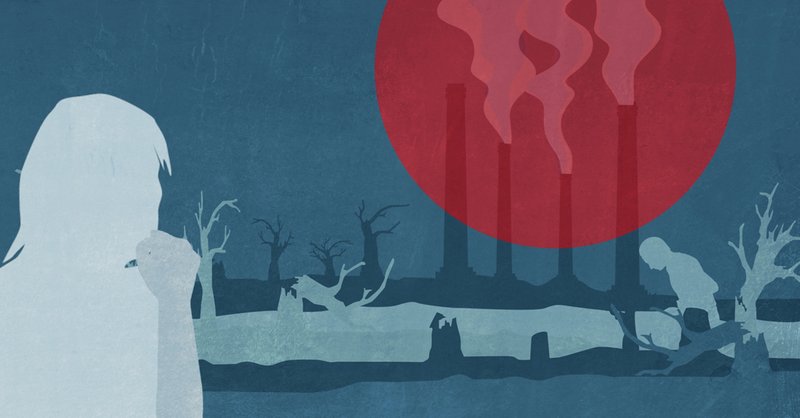
Public pressure
Naming and shaming a company which has done wrong can help to damage that company’s reputation, as well as potentially scaring their shareholders into demanding action.
As consumers increasingly adjust their shopping habits based on environmental and ethical concerns, companies need to make sure they do not end up on the wrong side of public opinion.
However, when corporate wrongdoing is exposed, these companies are often more preoccupied with making the negative publicity go away rather than actually addressing the problem.
If companies are found to be complicit in deforestation, for example, they will announce a new "environmental sustainability" policy, or that they’ve joined a voluntary initiative to keep forests standing.
But these commitments are not binding, and as soon as the public pressure has died down they can quietly slip back into their old habits.
At the same time, many of the worst offenders do not have a reputation to maintain. Every day, many harms are being perpetuated by companies which are little known to the public. For example, commodity traders that don’t sell directly to consumers, but who are the main drivers of destruction behind the scenes as intermediaries.
In any event, most consumers will only know of a handful of high-profile corporate misconduct cases. And modern supply chains are so bewilderingly complex that it’s highly impractical or downright impossible for people to do their own research into the ethical implications of a product’s origins before putting it in their shopping basket.
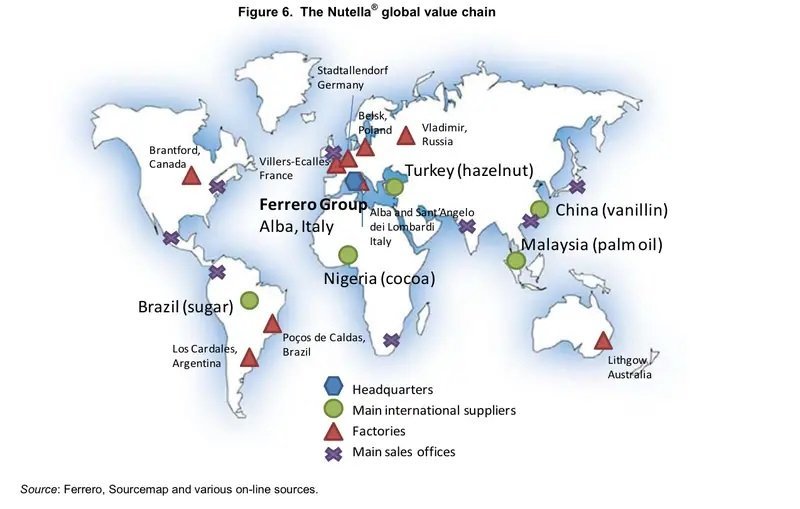
For example, if you wanted to have some Nutella on your toast for breakfast, you would need to conduct investigations in five separate countries just to find the source of the raw ingredients, not to mention the processing and transportation practices.
And that’s just for a relatively simple product. For more complex products like an iPhone, the components of which are sourced from suppliers in 43 countries over six continents, it would be difficult to finish your research before the next model was released.
Regulation
It should not be the responsibility of consumers to research every potential purchase to make sure they are not unwittingly buying into environmental destruction or human rights abuses.
The companies themselves are best placed to identify and tackle these risks, and should therefore be required by law to prove that their business activities are not causing harms of this kind. We call this regulatory approach "mandatory due diligence".
A due diligence law must come with financial penalties to hit lawbreaking companies where it hurts – in their pocket.
More importantly, communities which have been harmed by a company’s actions (who are for the most part located in the Global South) must be able to access courts to seek compensation and other forms of relief from the companies which have caused this destruction.
It is vital for affected communities be able to seek effective remedies when their rights have been violated.
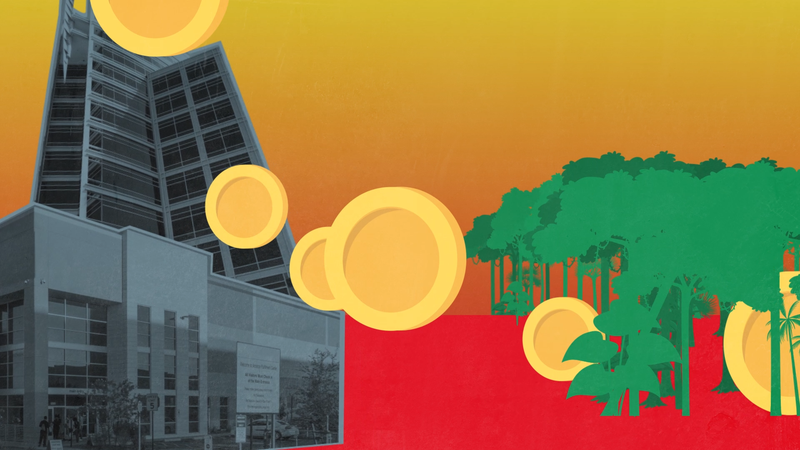
Many of the companies causing the most damage around the world have their headquarters in the UK, EU and USA, or make a significant amount of their profit in those markets.
If legislators in these places passed strong mandatory due diligence measures, it would have a massive global impact.
To find out how you can help push to make these laws a reality, check out our Corporate Accountability campaign page, and sign up to our mailing list to be the first to know about future actions which you can get involved in.
